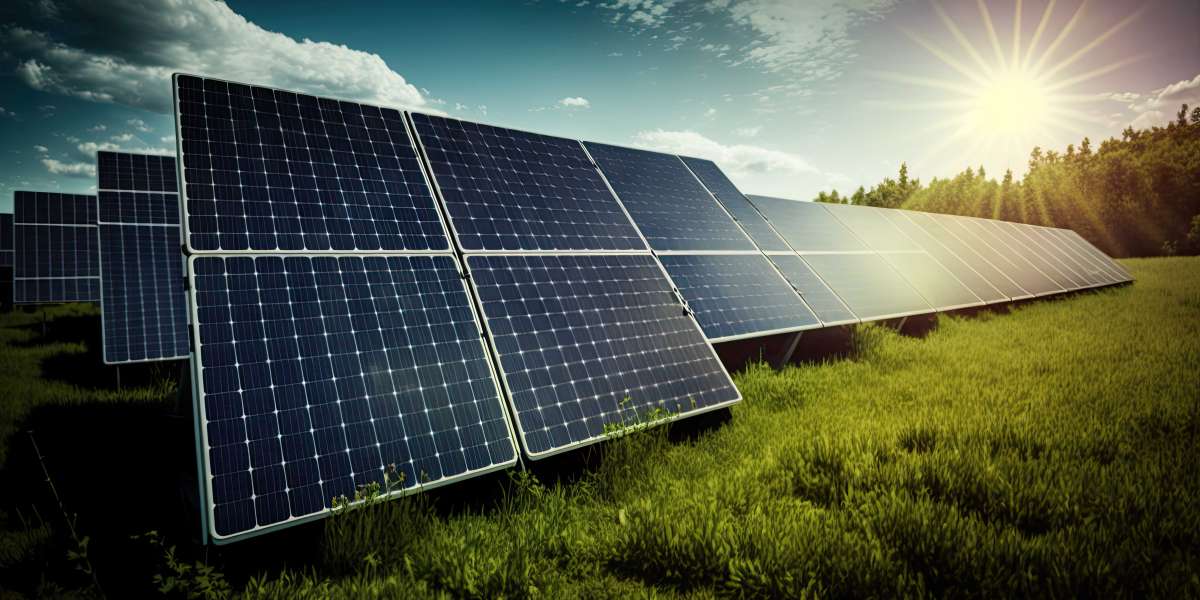Introduction to Tubewell Solar Systems in Pakistan
The tubewell solar systems in Pakistan offer an innovative solution to harness solar energy for agricultural purposes, particularly in areas with limited access to electricity grids. This guide explores the installation process of tubewell solar systems, emphasizing key considerations, benefits, and implementation strategies specific to Pakistan's agricultural landscape.
Understanding Tubewell Solar Systems
1. Overview of Tubewell Solar Systems
Tubewell solar systems are designed to power agricultural water pumps using solar energy. These systems replace traditional diesel or electric pumps, offering farmers a sustainable and cost-effective alternative for irrigation purposes.
2. Benefits of Tubewell Solar Systems
- Cost Savings: Eliminating fuel costs associated with diesel pumps and reducing electricity bills by utilizing solar power.
- Reliability: Providing consistent water supply even in remote areas with unreliable electricity grids.
- Environmental Impact: Minimizing carbon emissions and reducing dependence on fossil fuels, contributing to environmental sustainability.
Installation Process of Tubewell Solar Systems in Pakistan
1. Initial Assessment and Planning
Site Survey
Assessing the tubewell location for sunlight exposure, water depth, and pump capacity requirements is crucial. This ensures that the site is suitable for solar panel installation and that the water needs can be met efficiently.
Energy Needs Analysis
Estimating water pumping requirements and determining the appropriate solar panel capacity and pump specifications is essential. This involves calculating the daily water usage and the energy needed to pump the required volume of water.
2. Design and Engineering
System Design
Designing the tubewell solar system layout based on energy requirements, solar irradiance levels, and site conditions. This includes the placement of solar panels, inverters, and other components to maximize efficiency.
Component Selection
Selecting high-quality solar panels, inverters, pumps, mounting structures, and control systems suitable for agricultural applications. Ensuring these components meet the necessary performance standards and are durable for long-term use.
3. Procurement of Equipment
Sourcing Equipment
Procuring solar panels, inverters, and other components from reliable suppliers with experience in agricultural solar solutions is critical for ensuring system reliability and performance.
Quality Assurance
Ensuring equipment meets performance standards and warranties to guarantee long-term reliability. This involves checking certifications and past performance records of the suppliers.
4. Installation of Tubewell Solar Systems
Panel Mounting
Installing solar panels on ground-mounted structures or rooftops, ensuring optimal tilt and orientation for maximum sunlight exposure. Proper installation techniques help in capturing the maximum possible solar energy.
Electrical Wiring
Connecting solar panels, inverters, and pumps with appropriate wiring and conduits to ensure safe and efficient operation. Proper wiring is crucial to prevent energy losses and ensure safety.
5. Pump Installation and Integration
Pump Installation
Installing and integrating the solar-powered water pump with the tubewell casing and distribution system. Ensuring that the pump is compatible with the solar system and capable of meeting the irrigation needs.
Testing and Calibration
Conducting tests to verify pump performance, water flow rates, and system efficiency under varying sunlight conditions. Adjustments may be needed to optimize performance.
6. Commissioning and Operation
System Testing
Testing the entire tubewell solar system to ensure all components function as designed. This includes checking the solar panels, inverters, and pumps for proper operation.
Training and Handover
Providing training to farmers or operators on system operation, maintenance procedures, and troubleshooting. This ensures that the system is used correctly and maintained properly.
Benefits and Considerations of Tubewell Solar Systems
1. Economic Benefits
Cost-Effectiveness
Lowering operational costs associated with diesel fuel or grid electricity, offering a quick payback period and long-term savings. Farmers can significantly reduce their irrigation costs.
Income Generation
Increased agricultural productivity and crop yields due to reliable water supply, leading to enhanced farm incomes. Consistent irrigation helps in better crop management and higher yields.
2. Environmental Sustainability
Reduced Carbon Footprint
Mitigating greenhouse gas emissions and environmental impact compared to conventional diesel-powered pumps. This contributes to global efforts to combat climate change.
Resource Conservation
Preserving finite fossil fuels and promoting sustainable water management practices in agriculture. Solar energy is a renewable resource, making it a sustainable choice for irrigation.
Maintenance and Operational Considerations
1. Routine Maintenance
Monitoring and Inspection
Regularly monitoring system performance, checking for debris on panels, and inspecting electrical connections. Ensuring that the system operates efficiently.
Component Maintenance
Performing periodic checks on pumps, inverters, and batteries (if applicable) to ensure optimal functionality. Regular maintenance helps in preventing unexpected failures.
2. Operational Support
Technical Assistance
Accessing reliable technical support and maintenance services from experienced solar system providers or agricultural extension services. This ensures that any issues are promptly addressed.
Conclusion
Tubewell solar systems represent a transformative solution for agricultural water pumping in Pakistan, offering economic, environmental, and social benefits to farmers and rural communities. By following a systematic installation process and addressing maintenance needs, tubewell solar systems can provide reliable and sustainable water supply, contributing to agricultural productivity and rural development. Embracing solar technology not only enhances farm efficiency but also fosters resilience against energy uncertainties, positioning Pakistan's agriculture sector for sustainable growth.



